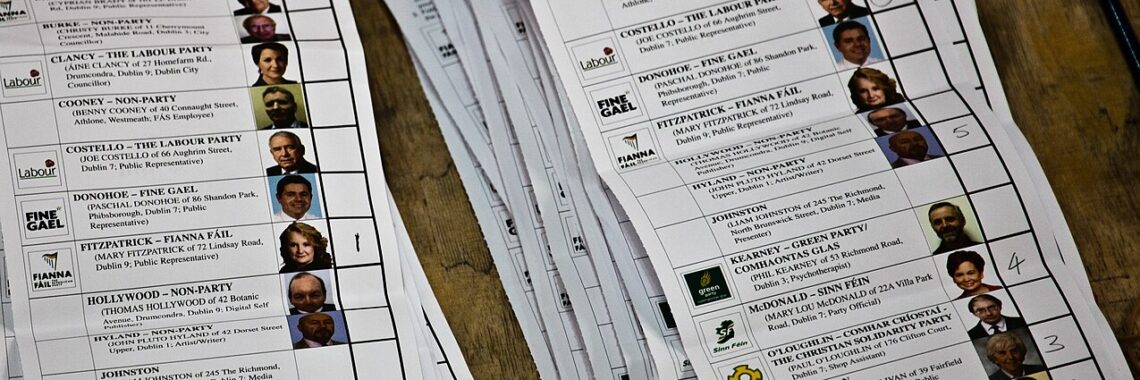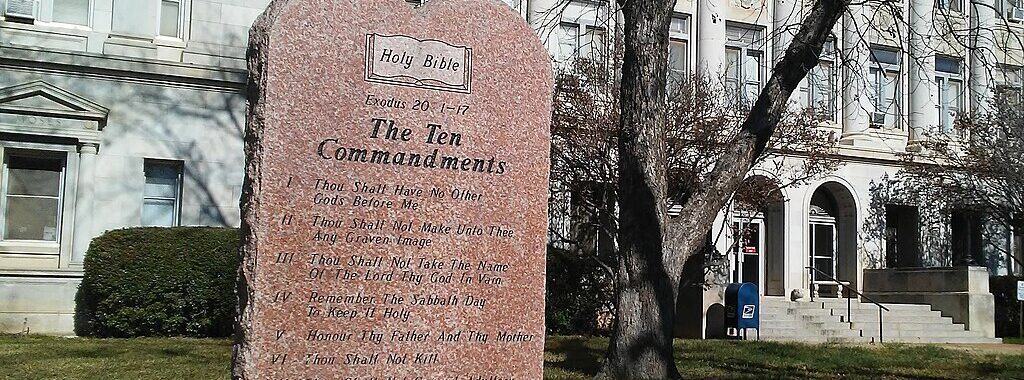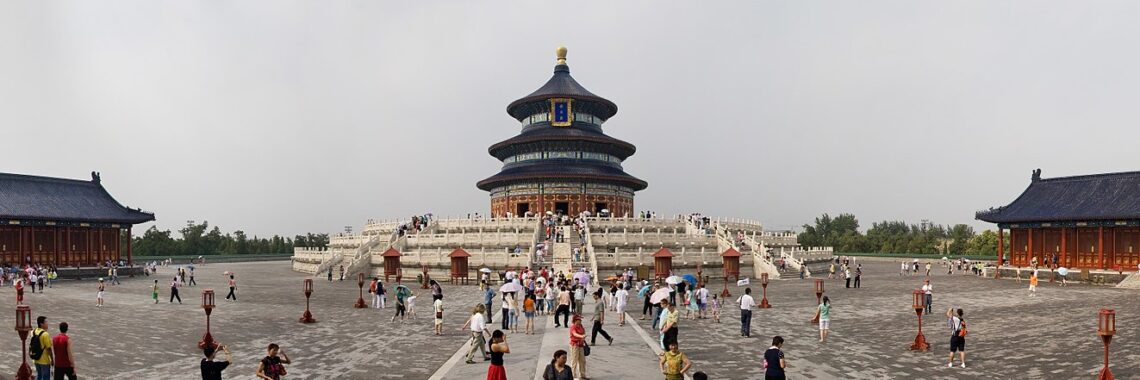CPAC and NatCon: Uniting a Transnational Radical Right by Rita Abrahamsen and Michael C. Williams
Museum in Hungary by Jules Verne (CC BY 3.0) This article is part of our series on Transnational Christian Nationalism, and its impact on politics, the rule of law, and religious freedom. If you’d like to explore other articles in this series, click here. “An international coalition of national forces has been established.” This triumphant statement issued…











